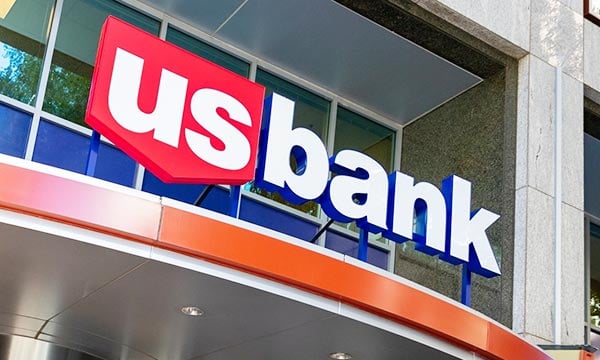Wall Street's Crypto Comeback: U.S. Bank Unlocks Digital Asset Custody for Institutional Investors

U.S. Bank is making a bold re-entry into the cryptocurrency custody landscape, signaling renewed confidence in digital asset services. The financial institution has not only decided to revive its crypto custody offerings but is also expanding its portfolio to include bitcoin exchange-traded funds (ETFs).
This strategic move comes at a pivotal moment in the digital asset ecosystem, where traditional financial institutions are increasingly recognizing the potential and mainstream appeal of cryptocurrency investments. By reintroducing and broadening its crypto services, U.S. Bank is positioning itself as a forward-thinking player in the evolving financial technology space.
The bank's decision to include bitcoin ETFs demonstrates a calculated approach to providing investors with more accessible and regulated ways to engage with digital assets. This expansion reflects a growing trend among major financial institutions to bridge the gap between traditional investment vehicles and the emerging world of cryptocurrency.
Investors and crypto enthusiasts can anticipate a more streamlined and institutionally-backed pathway to digital asset investment, courtesy of U.S. Bank's latest strategic initiative. The move is expected to enhance investor confidence and potentially attract a broader range of participants to the cryptocurrency market.








